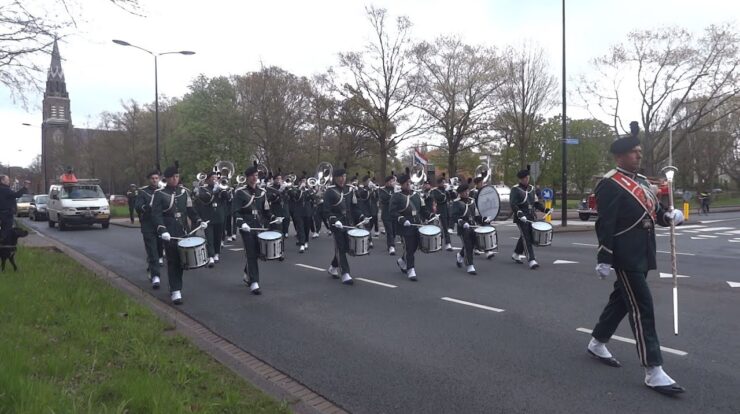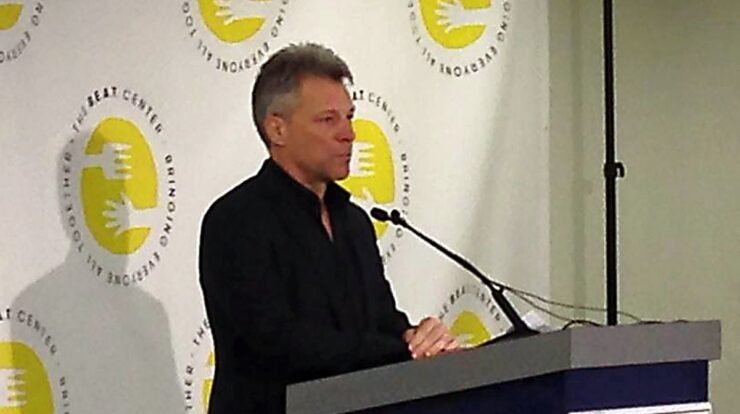
Kingsday, a vibrant and colorful national holiday celebrated annually in the Netherlands, is a testament to the country’s rich history, cultural heritage, and unwavering spirit. With its origins deeply rooted in the past, this beloved celebration has evolved over time, embracing modern interpretations while preserving its cherished traditions.
From the bustling streets adorned with vibrant orange decorations to the infectious energy of street parties and live music, Kingsday captivates the hearts of millions, fostering a sense of unity, community, and national pride.
Kingsday: An Overview

Kingsday, a national holiday celebrated annually in the Netherlands, is a vibrant and festive occasion that commemorates the birthday of King Willem-Alexander. With its origins deeply rooted in Dutch history, the celebration has evolved over centuries, becoming a beloved tradition that brings people together and fosters a sense of national unity.
Traditional Celebrations
The traditional festivities of Kingsday are steeped in symbolism and cultural significance. On this day, the streets of Dutch cities and towns transform into a sea of orange, the color associated with the Dutch royal family. People don orange clothing, hats, and accessories, and participate in a variety of activities that have been passed down through generations.
- Vrijmarkt:A nationwide flea market where people sell and trade used goods, creating a lively and bustling atmosphere.
- Koningsdagspelen:Traditional games played on the streets, such as “knikkeren” (marbles) and “koekhappen” (cookie biting), adding a playful element to the celebration.
- Oranjevereniging:Local community organizations that host events and activities, fostering a sense of unity and belonging.
Modern Interpretations: Kingsday
In recent years, Kingsday has undergone a transformation, incorporating new traditions and trends that reflect the changing times. Social media and technology have played a significant role in shaping the celebration, allowing people to connect and share their experiences in real-time.
- Social Media:Kingsday has become a popular topic on social media platforms, with people sharing photos, videos, and updates of their festivities, creating a virtual community around the event.
- Online Events:Virtual events and live streams have emerged, enabling people to participate in the celebration from anywhere in the world.
- Sustainable Practices:Growing awareness of environmental issues has led to a focus on sustainable practices during Kingsday, such as using reusable cups and promoting waste reduction.
Economic Impact
Kingsday has a significant economic impact on the Netherlands. The influx of tourists and the increase in consumer spending during the celebration contribute to the country’s economy.
- Tourism:Kingsday attracts a large number of tourists from neighboring countries and beyond, boosting the tourism industry.
- Retail:Businesses experience a surge in sales, as people purchase orange-themed merchandise, decorations, and food.
- Hospitality:Restaurants, bars, and cafes benefit from increased patronage, contributing to the hospitality sector.
Summary

As the sun sets on Kingsday, the echoes of laughter, music, and shared experiences linger in the air, leaving behind a profound sense of joy and connection. This cherished celebration stands as a beacon of Dutch culture, a testament to the country’s ability to embrace its past while forging a vibrant and inclusive future.
FAQ Explained
What is the significance of Kingsday?
Kingsday commemorates the birthday of King Willem-Alexander, the current monarch of the Netherlands.
How long has Kingsday been celebrated?
The celebration of Kingsday can be traced back to 1885, when it was known as Queen’s Day in honor of Queen Wilhelmina.
What are some traditional activities associated with Kingsday?
Traditional Kingsday activities include flea markets, street parties, live music, and the wearing of orange clothing and accessories.
What is the economic impact of Kingsday?
Kingsday has a significant economic impact on the Netherlands, with increased tourism, retail sales, and hospitality revenue.





